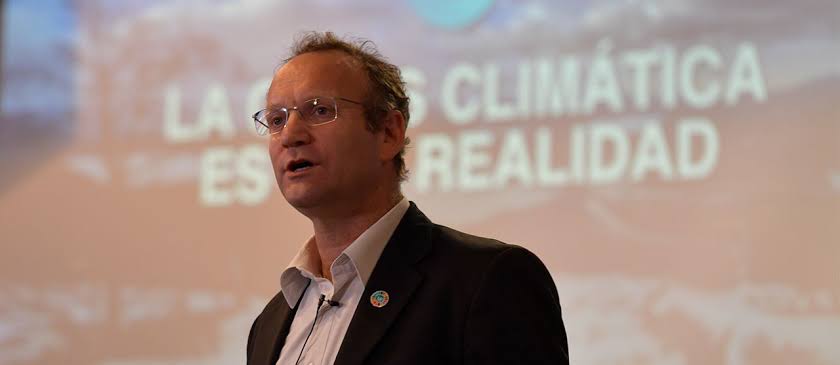With less than 100 days to go until COP26, the UN High Level Champions have released a master plan to provide business, governments and civil society with greater clarity on how to halve emissions by 2030

Almost three quarters of global emissions are now covered by a net zero goal. Corporate commitments, alone, under the Race to Zero campaign now cover over 15% of the global economy and $9.81 trillion in revenue. These are joined by nearly 800 cities and 31 regions, covering 0.62 billion people with credible climate action commitments.
Countries must acknowledge these signals and translate national commitments into credible policies, while every sector must undergo an exponential transformation. But elevated ambition and greater – and more immediate – outcomes are needed.
To help catalyse this action, the UN High Level Climate Champions have updated the 2030 Breakthroughs to give us even greater clarity of the path to halving emissions by 2030 across the global economy.
The strategy paper now covers over 30 sectors that make up the global economy, with specific attention on oil & gas, fashion and finance, as well as new sectors: pharma, tourism, Carbon Capture Usage & Storage (CCUS) and Direct Air Capture.
Collectively, the pathways articulate what key actors must do, and by when, to deliver the systems change we need to achieve a resilient, zero carbon world in time. This creates a shared vision for all the different players in a system, helping to spur action.
We believe once 20% of key actors within each sector commit to playing their part to transform the sector consistent with the Climate Action Pathways, we have achieved “Breakthrough Ambition”. This means sufficient momentum is generated among a critical mass of key actors, enabling them to break away from the business-as-usual path and together deliver breakthrough outcomes at pace.
COP26 President Designate, Alok Sharma, said: “It is vital that businesses go net zero, as part of our fight against climate change. Which is why we look to all sectors to reach a point at which a clean way of operating becomes the norm.”
Patricia Espinosa, Executive Secretary of the UNFCCC, said: “We now know what key actors must do, and by when, to deliver the sectoral changes needed. I call on leaders across all sectors of the global economy to work together to deliver the Race to Zero Breakthroughs.”
To achieve whole-economy transformation cities, regions and private sector leaders will need to work in partnership and commit their skills, ingenuity and resources to achieving these breakthroughs. As Gonzalo Muñoz, COP25 Climate Champion, said: “We cannot win the Race to Zero by racing alone. Only by collaborating in wholesale systems transformation can we upgrade the sectors of our global economy to deliver a healthy, resilient, zero-carbon future. These sectoral breakthroughs will allow us to go further and faster in our Race to Zero emissions.”
Industry leaders rise to the challenge
Leaders in climate and industry across the sectors of the global economy welcomed the launch of the Breakthroughs campaign.
Christine McGourty, CEO of Water UK, said: “The Race to Zero is one that will require commitment, collaboration, and innovation. We’re incredibly proud to be the first water industry to commit to achieving net zero emissions by 2030, and call on colleagues around the world to join us in delivering the breakthroughs we need to achieve in our race to ahealthy, resilient, zero-carbon future.”
Paul Polman, Co-founder and Chair IMAGINE, said: “If there is one learning coming out of Covid-19, it is that we cannot have healthy people on an unhealthy planet. Clear climate commitments for 2030 and firm actions to back them up now will be key. History shows that with 20%+ of companies committed by sector we can drive the needed tipping points. The laggards have to seriously worry about their long term competitiveness. If they don’t, the financial market will do it for them.”
Mads Nipper, CEO of Ørsted, said: “Ørsted welcomes the Race to Zero breakthroughs, as it is clear that our energy system needs to undergo a renewables transformation. We are proud of our vision of a world that runs entirely on green energy and our commitment to be carbon neutral by 2025. We encourage others around the world to join us in delivering the
The 2030 Breakthroughs are derived from the Climate Action Pathways, a set of comprehensive roadmaps to achieve the Paris Agreement in line with 1.5°C across all sectors, which were developed by the UN High-Level Champions and the Marrakech Partnership — a vast coalition from across the climate action ecosystem. The Breakthroughs highlight key milestones and key actions that different actors can and must contribute to drive progress along these pathways.
